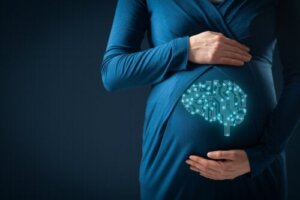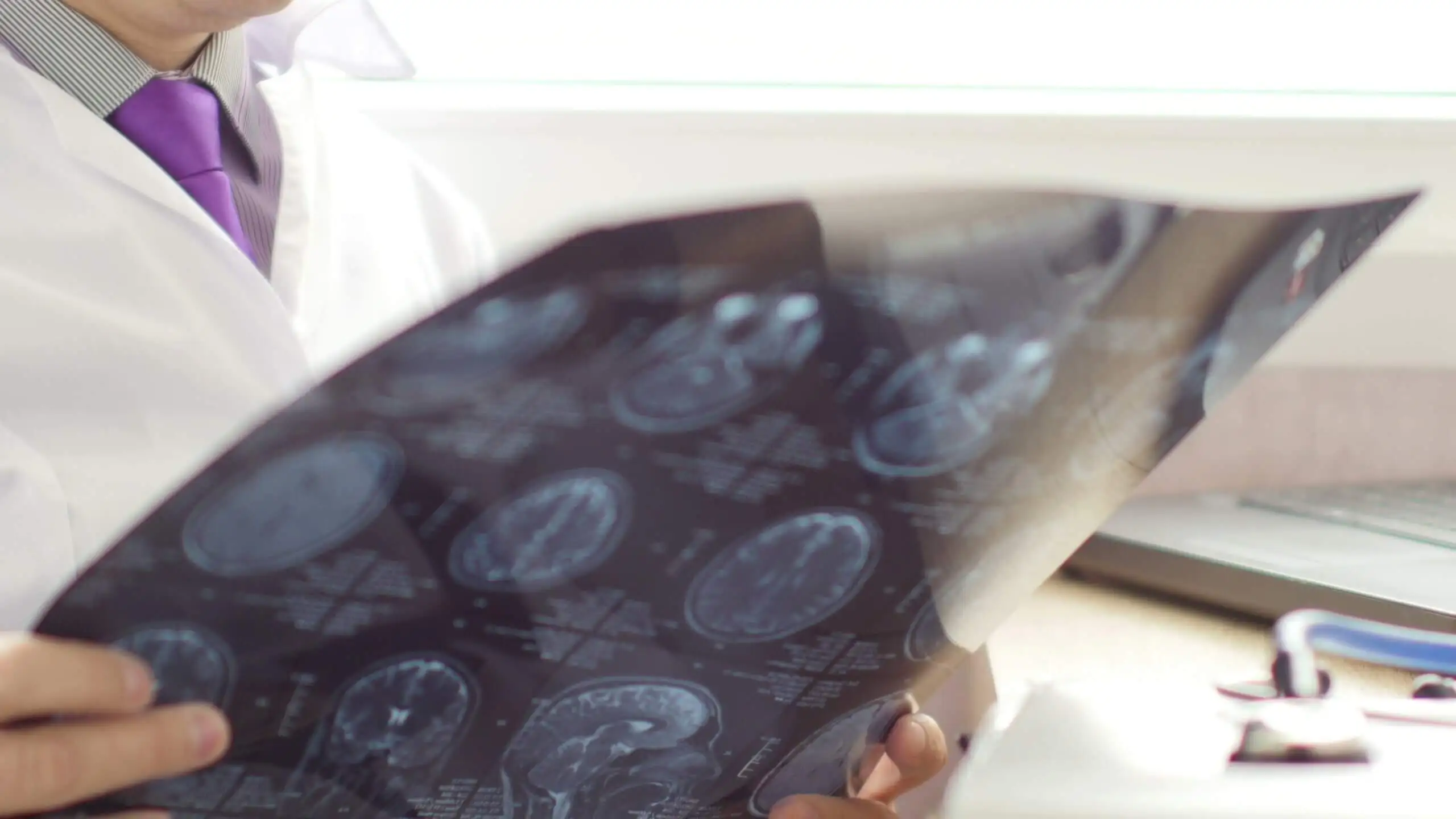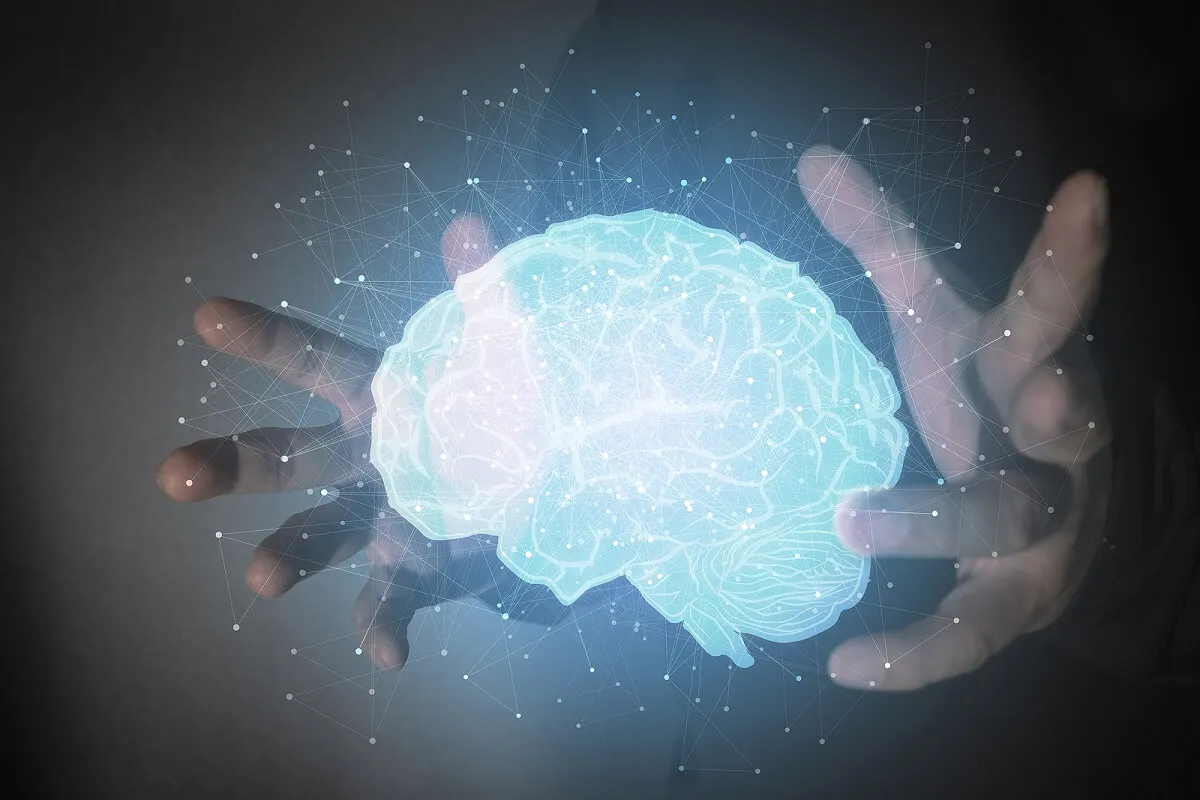Pregnancy Triggers Brain Changes to Promote Bonding with Children, Studies Show


Written and verified by the doctor Leonardo Biolatto
In the eternal discussion about the existence or not of the maternal instinct, there are contributions from medicine, psychology, and philosophy. Recently, a study from the Netherlands seems to confirm that the brain undergoes changes during pregnancy to facilitate the care of children, enhance the bond, and facilitate the tasks that have to do with parenting.
Elseline Hoekzema, leader of the research published this week in Nature, has been doing science on the brain of pregnant women for more than 10 years. As she herself has stated in several communications, we do not have as much information as we would like about the neural modifications that occur in a pregnant woman.
But what are these changes in the brain during pregnancy about? Do they have a social or survival function for the species?
Speculation about the results goes beyond biology. Could love for children be programmed into our species? Let’s take a look.
The research in the Netherlands: What was it all about?
Hoekzema’s team had 89 young women from his country who agreed to participate in the long-term research from 2015. All of them were nulliparous – i.e., they had no previous births.
After 5 years, in 2020, 40 had had a child. Another 40 who had not been mothers served as a control group for the studies. The remaining 9 dropped out.
The scientists analyzed the women’s brains with MRI and imaging scans before conceiving, after giving birth in the 40 who had become pregnant, and one year after delivery in 28 of them. The 40 women who were not pregnant at this time were also studied for a baseline.
In addition to the MRI scans, intelligence and cognitive performance tests were performed. In pregnant women, hormone concentrations in the urine were measured regularly.

The results about whether pregnancy triggers brain changes
This same scientific team had published a preliminary study in 2017. There, they already reported findings that showed a significant change in the gray matter of the brain in women who became pregnant.
Now, several years later, the results were repeated. At both times, MRI scans showed a reduction in the gray matter after pregnancy. This substance is the accumulation of neuron bodies in the central nervous system.
However, the reduction does not mean a loss of function. On the contrary, scientists explain that the changes in the brain during pregnancy are a sign that hormones remodel the mother’s nervous system.
A similar modification occurs when a woman enters adolescence – that is, when hormone levels also oscillate sharply.
We think you may also enjoy reading this article: Drinking Alcohol During Pregnancy Could Change the Shape of Babies’ Brains
The brain changes in pregnancy to encourage mothers to worry about others
The research team complemented the analyses in the participating women with functional magnetic resonance imaging. This is an imaging study that records the activity of neurons as the brain “works.”
In doing so, they were able to observe that the changes in gray matter were concentrated in neural networks dedicated to self-reflection and socialization. This could mean that the modifications tend to improve the interrelation with others, empathy, and bonds. Something that seems essential for the care of a child.
The result is reinforced by other data collected on this group of mothers. The researchers showed the women photographs of smiling babies and found a reduction in heart rate in several of them. This decrease in heart rate is noticeable when we enter states of relaxation.
In the women with more changes in the MRI, there was a greater reduction in heart rate. Thus, it is inferred that the remodeling of the gray matter results in a higher possibility of producing a satisfactory bond with a baby.
Like this article? You may also like to read: Nutrition During a Multiple Pregnancy: The Main Considerations
Does science believe that the maternal instinct exists?
This research in the Netherlands adds to several attempts by science to reveal what is behind the so-called “maternal instinct” – or at any rate, to answer the question about the existence of such an instinct.
Feldman established in 2015 that the brain of mammals (including humans) is changed by motherhood. Specifically, there are modifications in the reward circuit, which regulates satisfaction in the face of various stimuli. The two organs most involved here are the amygdala and the hypothalamus.
Oxytocin, a leading hormone in pregnancy, childbirth, and breastfeeding, modifies brain biochemistry to favor the mother-child bond. And there’s more. A study found that levels of this substance also increased in men who were fathers and had skin-to-skin contact with their children from birth.
As for men, an international sample also recorded changes in the gray matter of the brains of those who were fathers. This did not occur at the same level as in the women in the Netherlands, however, nor in the same locations.
The changes in the brain due to pregnancy occur very much at a subcortical level, below the cortex. This area is more primitive in evolution and could indicate an adaptation that we inherited from our hominid and mammalian ancestors. In males, the changes are restricted to the cortex.

Is the maternal instinct inevitable?
The existence of this primitive and inherited mechanism of change in the brain due to pregnancy cannot be directly associated with the maternal instinct. Sara Henderson’ s doctoral dissertation goes through all the biological and social aspects that make up the supposed tendency of women to be mothers and care for their children.
It’s clear that pregnancy involves a great number of changes. Hormones exert effects that tend to preserve the new life that is gestated.
Our hypothesis is that pregnancy hormones, mainly steroid hormones, are the main factor that regulates the plasticity of neurons in pregnant women. – Conclusion of the study Nat Commun 13, 6931 (2022)
Also, it’s quite possible that these changes are prolonged during the first years of the child’s existence. Why? Perhaps for the survival of the species.
Much remains to be discovered about pregnancy, the brains of mothers, and the changes they undergo. What is the place of maternal instinct in this interplay of relationships? It is not yet clear.
All cited sources were thoroughly reviewed by our team to ensure their quality, reliability, currency, and validity. The bibliography of this article was considered reliable and of academic or scientific accuracy.
- Barth, C., & de Lange, A. M. G. (2020). Towards an understanding of women’s brain aging: the immunology of pregnancy and menopause. Frontiers in Neuroendocrinology, 58, 100850.
- Feldman, R. (2015). The neurobiology of mammalian parenting and the biosocial context of human caregiving. Hormones and Behavior, 77, 3–17. https://doi.org/10.1016/j.yhbeh.2015.10.001
- Gholampour, F., Riem, M. M., & van den Heuvel, M. I. (2020). Maternal brain in the process of maternal-infant bonding: Review of the literature. Social neuroscience, 15(4), 380-384.
- Henderson, S. (2018). The blurring effect: An exploration of maternal instinct and ambivalence (Doctoral dissertation, University of Kent (United Kingdom)).
- Hoekzema, E., van Steenbergen, H., Straathof, M. et al. Mapping the effects of pregnancy on resting state brain activity, white matter microstructure, neural metabolite concentrations and grey matter architecture. Nat Commun 13, 6931 (2022). https://doi.org/10.1038/s41467-022-33884-8
- Hoekzema, Elseline, et al. “Pregnancy leads to long-lasting changes in human brain structure.” Nature neuroscience 20.2 (2017): 287-296.
- Martínez-García M, Paternina-Die M, Cardenas SI, Vilarroya O, Desco M, Carmona S, Saxbe DE. First-time fathers show longitudinal gray matter cortical volume reductions: evidence from two international samples. Cereb Cortex. 2022 Sep 4:bhac333. doi: 10.1093/cercor/bhac333. Epub ahead of print. PMID: 36057840.
- Rahman, Aneela, et al. “Sex and gender driven modifiers of Alzheimer’s: the role for estrogenic control across age, race, medical, and lifestyle risks.” Frontiers in Aging Neuroscience 11 (2019): 315.
- Rendell, Peter G., and Julie D. Henry. “Prospective-memory functioning is affected during pregnancy and postpartum.” Journal of Clinical and Experimental Neuropsychology 30.8 (2008): 913-919.
- Uribe-Torres, Claudia, et al. “Estudio piloto: contacto padre-hijo (a) y oxitocina en varones preparados especialmente para el nacimiento.” Revista chilena de obstetricia y ginecología 87.3 (2022): 210-217.
This text is provided for informational purposes only and does not replace consultation with a professional. If in doubt, consult your specialist.








